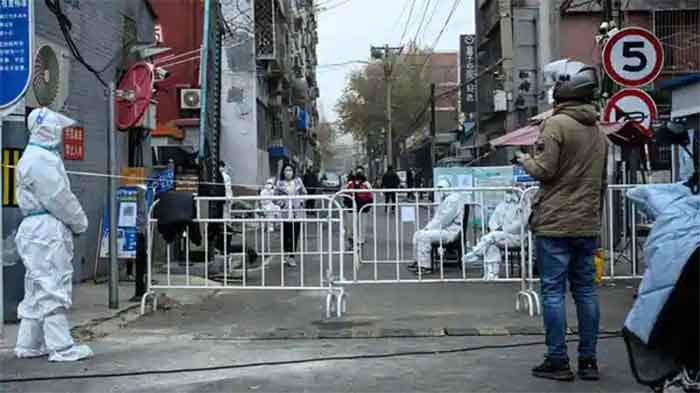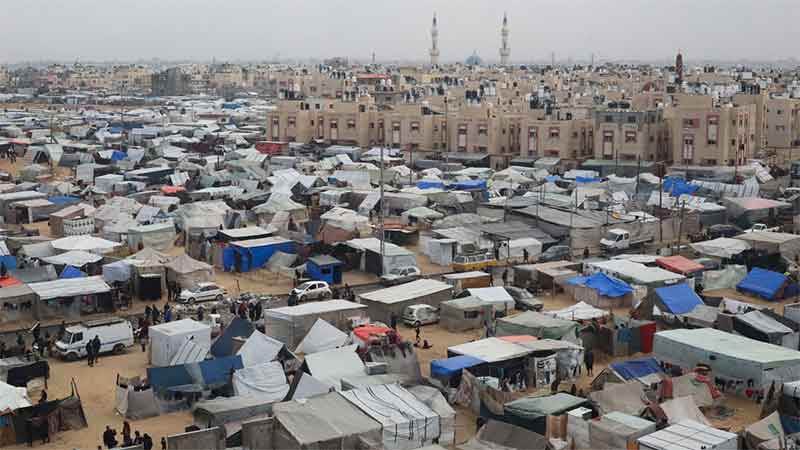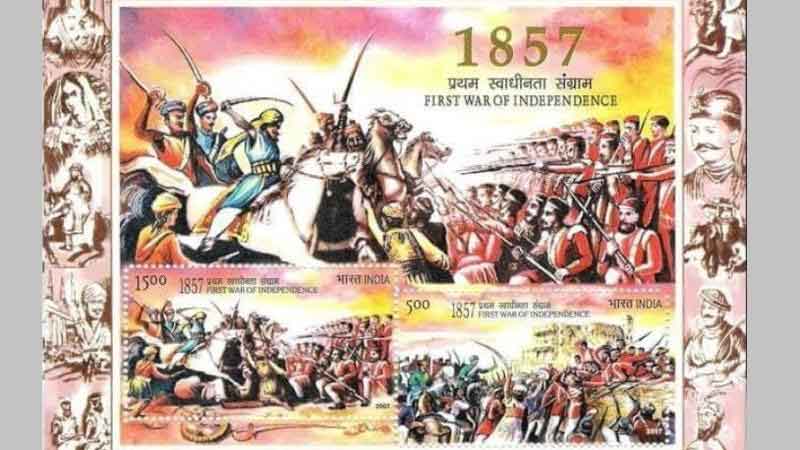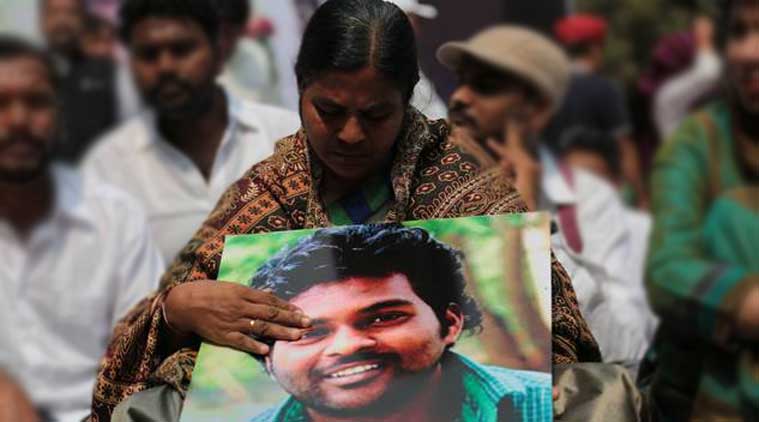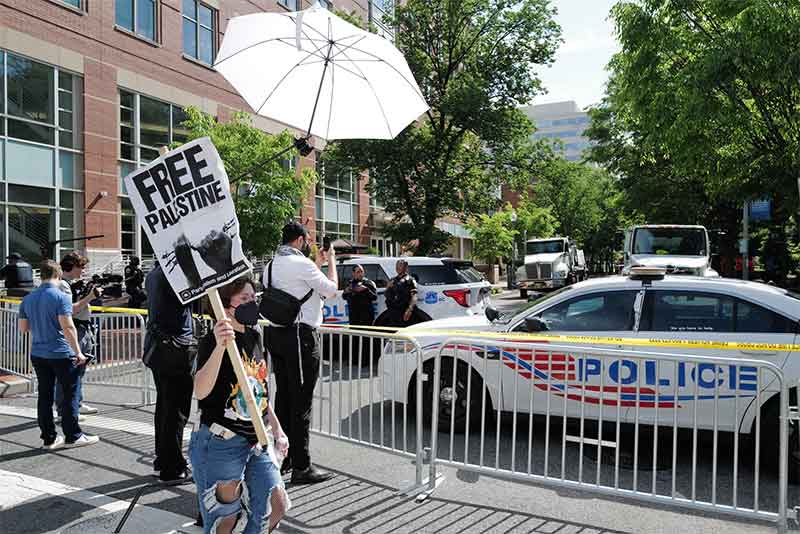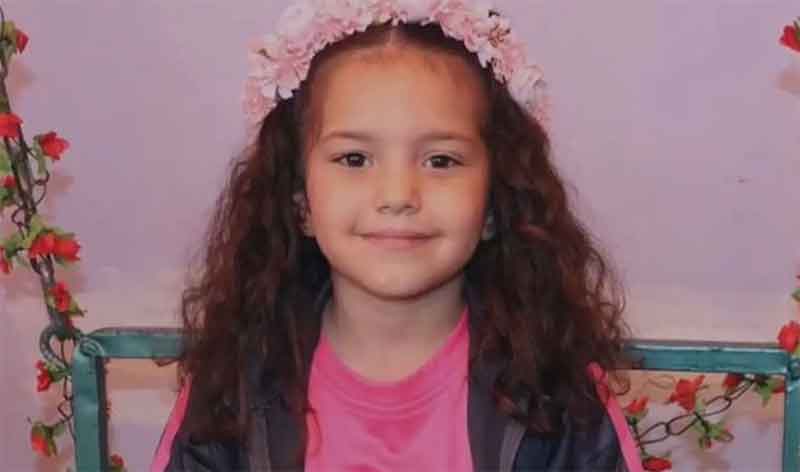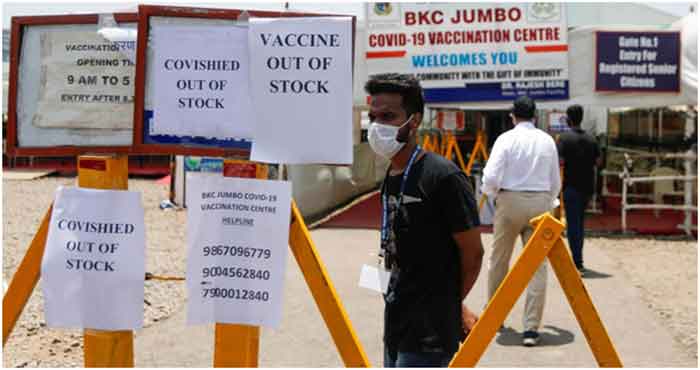
Vaccination is the only solution to mitigate the ferocity of Covid-19. If we continue the present pace of vaccination, experts say that it would take many years to administer vaccine to all. The statistics released by the government disclose that we are unable to proceed with the vaccination due to the shortage of production of vaccine.
Two vaccines Covishield and Covaxine have been authorised to be administered. Covishield is manufactured by serum institute of India and Covaxin by Bharath Bio-Tech. Both are indigenously manufactured. Both the companies are unable to meet the demand. We are witnessing spike in cases due to lack of vaccination. The central government till recently had been the sole purchaser of the two approved vaccines. Now it has permitted the state governments and private players to purchase directly from the manufacturing companies. The main reason for the shortage of the vaccine is that the said two manufacturers are unable to meet the demand. In the light of the scarcity in vaccine production, the central government has to take steps to see that even the other companies also manufacture same vaccines.
The most important instrument of the government in organising the society and protecting citizens is legislation. The legislature while enacting laws incorporates certain provisions anticipating certain situations. If an Act is made for a particular purpose, certain provisions would be inserted in the Act conferring power upon the central government or state government to initiate certain steps in cases of a particular situation though the same may be inconsistent with the main purpose of the legislation. Such provisions cannot be allowed to remain redundant.
The India Patent Act, 1970 provides for grant of patent rights in relation to the products manufactured in India. The main objective is to protect the intellectual property rights of the inventor. India also became signatory to many international arrangements with their objective of strengthening its patent law in tune with the practices prevailing in the modern world. India was also signatory to the trade related intellectual property rights (trips). The Indian Patents Act, 1970 was amended in accordance with the TRIPS agreement. However the TRIPS agreement also recognised the rights of the respective member countries to adopt measures for public health and other public interest reasons to prevent any abuse of intellectual property rights. In the background of scarcity of production of vaccine by the said two companies the central government can invoke the provisions of the Indian Patent Act, 1970 to issue licenses to other manufacturers in relation to the said product.
The Hon’ble Supreme court has passed an order on 30th April, 2021 in a Suo-moto (civil) No.3 of 2021 and dealt with distribution of essential supplies and services during the pandemic. Sec.F of the said order relates to vaccines and the Apex court also has examined the potentiality of compulsory licensing for vaccine and essential drugs. The Apex court also took note of the fact that several drugs that are at the core of Covid-19 treatment protocol are under patents in India. The Apex court also noticed that the central government had issued a communication to the council for trade related aspects of intellectual property which stated that there were several reports about intellectual property rights hindering timely provisioning of affordable medical products to the patients. The said communication also reported that some members of the World Trade Organisation had carried out urgent amendments to their national patent laws to expedite the process of issuing compulsory / government use licenses.
Various provisions of Patents Act, 1970 were examined by the Hon’ble Supreme court more particularly Sec.92 which envisages the grant of compulsory license inter alia in circumstances of national emergency and extreme urgency. The Apex Court also observed that once a declaration of national emergency is made, and the relevant patents notified, any person interested in manufacturing the drug can make an application to the controller general of patents who can then issue a compulsory license. The Apex Court also examined the scope of Sec.100 wherein the central government can authorise certain companies to use any patents for the purpose of the government and Sec.66 which contemplates that the central government is entitled to revoke the patent in public interest. Similarly the corresponding provision of TRIPS agreement were also examined. The Hon’ble Supreme Court finally held that the central government can possibly consider compulsory licensing and government acquisition of patents and also free to choose any other course of action. The Apex Court clarified that it is upto the central government to choose the best possible measures which can be taken during the crisis keeping in the mind that public interest is of paramount important. The Hon’ble Supreme Court has specifically held at Para No.55 that the central government can consider its powers under Sec.92, 100 & 102 of the Patent Act, 1970 to increase the production of essential drugs to ensure that it is commensurate to the demand.
The Apex Court also examined the issue of booking cases against the persons who are utilising social platforms calling upon for health assistance. In the said issue the Hon’ble Supreme Court was pleased to issue positive orders holding that the court would be constrained to use the powers available to it under its contempt jurisdiction. The Apex court has finally directed the central government to revisit its initiatives and protocols including the availability of oxygen, availability of essential drugs at affordable prices before the next date of hearing i.e., 10.05.2021.
In fact the central government by itself has to explore various measures to be taken as indicated by the Hon’ble Supreme Court. However till now it appears that no steps have been initiated in the light of the Patents Act, 1970 for enhancement of production of vaccine. The rate of vaccination has also come down. The central government has to respond immediately and take initiatives as per the directions issued by the Hon’ble Supreme Court.
Chittarvu Raghu, Advocate, High Court’s of A.P. & T.S. [email protected]
GET COUNTERCURRENTS DAILY NEWSLETTER STRAIGHT TO YOUR INBOX



